Do you want to build up your credit but are not quite sure how to get a first-time credit card?
A credit card can be a useful tool to manage your finances. And when used with care, it can also help you to build up your credit rating. However, it’s important to remember that having a credit card is also a big responsibility; using it irresponsibly can harm your credit score and future long-term.
If you’re thinking of applying for your first credit card, it’s essential to understand how they work and what to watch out for. In this guide, we’ll cover the basics of how to get a first-time credit card and tips on how to use it responsibly.
Why should I get a credit card?
The main reason for applying for a first-time credit card is typically to build up a credit score. Having a credit history and a good credit score will help to show lenders you’re a responsible borrower. This will be beneficial when you need to apply for other financial products, such as a loan or a mortgage. For example, a good credit score can help you to afford a bigger mortgage. Your credit history is often also checked when you are applying to rent a property. This allows landlords or estate agents to ensure you’re likely to pay your rent on time.
Other benefits of having a credit card
In addition to boosting your credit score, credit cards can also come with other benefits. Here are some examples of common credit card perks:
- Cashback, rewards and discounts: Some credit cards will pay you back a percentage of your spending once a year. Certain cards can also give you other rewards such as vouchers, loyalty points or discounts. For example, airline-branded credit cards offer discounts on flights.
- Purchase protection: Under section 75 of the Consumer Credit Act, you’re covered if you use your credit card to buy something that costs over £100 and up to £30,000. Debit cards and BNPL schemes don’t offer this protection, so paying with a credit card is often a smart idea, especially when purchasing from a company you haven’t used before.
- Reducing foreign transaction fees: Unlike most debit cards, some credit cards waive the foreign transaction fee on transactions made abroad.
- Being able to rent a car: Unknown to many, most rental companies around the world only hire out their cars to drivers who have credit cards. But why? This allows the rental company to take a holding deposit from the card in case of damage. Some companies won’t allow you to rent a car at all without a credit card whereas some will require you to buy extra cover.
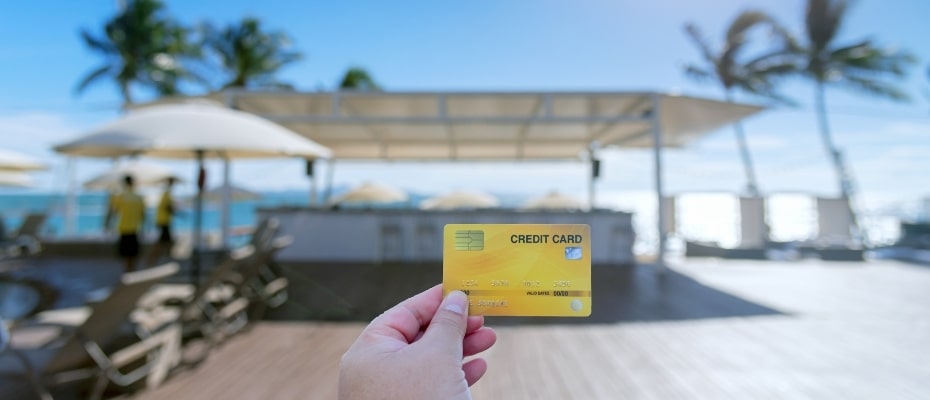
How to get a first-time credit card?
The information and tips below will be helpful if you’re considering getting your first credit card. Find out the requirements on how to get a first-time credit card and what to look for when choosing one.
Requirements and first steps
As basic requirements, most credit card providers will only let you apply for their cards if you:
- at least 18 years old
- live in the UK
- are employed
- earn more than a certain amount, typically £7,500 a year.
In addition to the basic requirements, there’s another important step you should know about: To increase the likelihood of getting accepted for your first credit card, you should start laying the groundwork well in advance. The key is to ensure your finances are in the best possible shape before you apply:
- Check your credit score: Lenders use your credit score to check how much credit you have available and how much you routinely use. This gives them an idea of how responsible you are for repayments. Credit scores are available from UK credit reference agencies such as Equifax, Experian and Clearscore.
- Use eligibility checkers: Before applying for a first-time credit card, it’s worth using an eligibility checker to see if you’re likely to be accepted for certain cards. While applying for a credit card will show up on your credit history, this type of ‘soft search’ doesn’t leave a mark on your credit file.
Maximise your chances of approval
After the first steps, there are a few simple things you can take to boost your credit score and increase the chances of being accepted for a credit card. It’s highly recommended you do the following before applying for a credit card for the first time:
- Register to vote: Getting on the electoral roll provides proof of address, which can boost your credit score
- Have a job and regular income: Whether it was a full-time or part-time job, having a regular income will improve your chances of being accepted.
- Open a bank account: Managing a current account can help you improve your chances of being accepted. When you set up direct debits and put away savings, you’re showing lenders that you have your finances in order.
- Pay bills on time: If you can show you’ve been repaying bills (mobile contracts, utilities etc.) on time, lenders will see this as proof of financial responsibility.
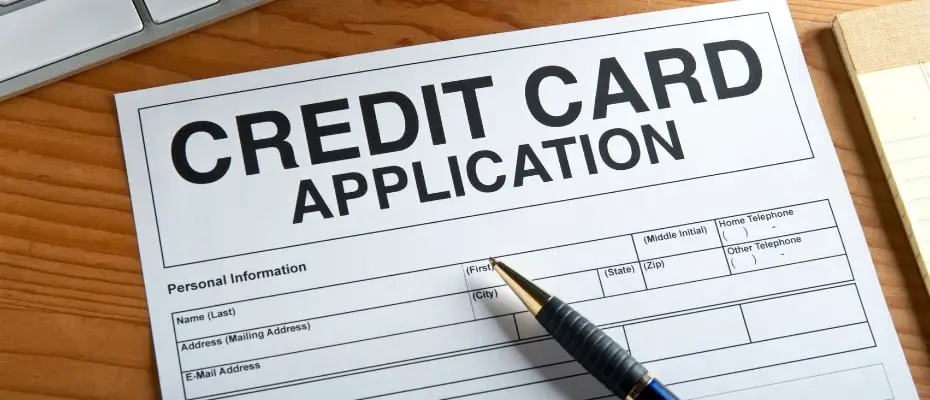
Choosing your first-time credit card
Before applying for a credit card, consider the main purpose of why you are getting one. This helps you to understand what type of card would be most suitable for your needs. To get started, here’s a quick overview of some common credit card types:
- Credit builder cards: If you don’t have much credit history or you wish to boost your credit score, this might be the card for you. These cards often have a lower credit limit and higher interest rates. But if used responsibly, it should help you to build your credit and make getting other credit cards and loans easier in the future.
- 0% interest cards: As the name suggests, these credit cards charge no interest for a limited time. Therefore, 0% interest cards can be good for spreading the cost of large purchases. To get the most from 0% purchase cards, balances should be cleared before the interest-free period ends to avoid accruing interest charges.
- Cashback and reward cards: These can be a great way to earn rewards and benefits on everything you buy. These cards are ideal for regular card users, such as those who prefer using plastic for their everyday spending, and use their income to repay the balance in full each month.
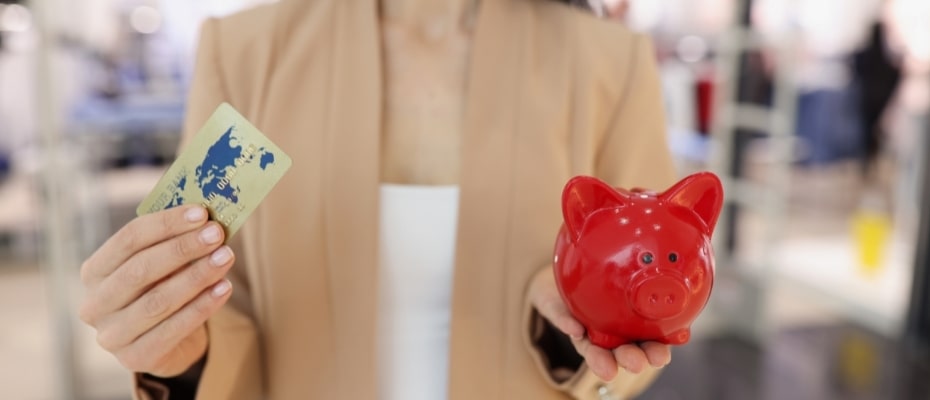
Things to consider when getting a first-time credit card
When comparing credit cards, there are a few key points to understand. In addition to choosing the right type of card for your needs, ensure you understand the below terms. These will help you to work out the right card for you, and which offers the best-value borrowing.
Interest/Representative APR
The interest charged on your credit card is the cost of borrowing money from the lender. Be aware that if the APR is ‘representative’, it only has to be offered to 51% of those who make successful applications for the card. Therefore, it’s not necessarily the rate you’ll be offered. The rate offered will be based on your financial circumstances and credit history.
Introductory APR
Some cards often come with lower, or even 0% introductory interest rates that last for a few months. After that, they revert to the standard variable rate. While these can be useful for spreading the cost of purchases, make sure you pay off your balance before the introductory rate ends.
Fees
It’s also important to be aware of any extra fees you could be charged. These could be annual fees, late payment fees, foreign transaction fees or cash withdrawal fees.
Credit limit
The credit limit is the maximum amount you’ll be able to borrow on your credit card. Similar to the APR, your credit limit depends on your credit history and finances. When getting your first credit card, you may not be offered a high limit.
How do I avoid credit card fees and interest?
It’s important to understand all possible costs of having and using a credit card, i.e. how credit card companies make their money. However, ultimately, you want to pay off your credit card bill in full every month to avoid any fees and interest.
7 tips to manage your finances with your first credit card
- Only ever spend what you know you can afford to pay back in full when the bill arrives.
- Pay your bill in full every month. If you can’t, stop using the card until the bill is fully paid off. (Netflix’s Money, Explained estimated that only 40% of people pay off their credit card bill in full every month.)
- Always pay on time. Set up a monthly direct debit to make sure you remember to pay on time each month.
- Don’t max out your card. While your card’s credit limit is the most you’re allowed to spend, using a large portion of your available credit can hurt your credit scores. If you’re focused on boosting your credit, don’t let your balance go above 30% of your credit card’s limit.
- A credit card shouldn’t change your spending habits so choose a card that earns useful rewards at a high rate based on how you currently live.
- A credit card is not an emergency fund, and it will fail you in many types of emergencies.
- Avoid withdrawing cash with your credit card. Not only will you pay a fee but you’ll also pay interest from the day of the withdrawal (even if you pay off your balance in full that month).
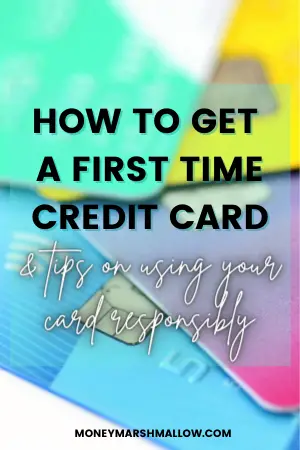
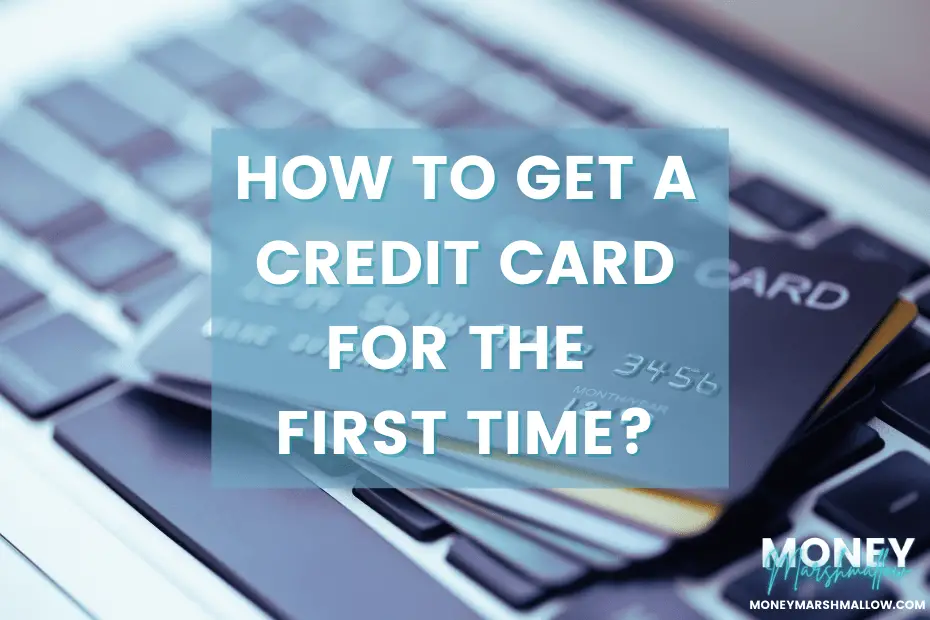
So helpful. Thanks for sharing